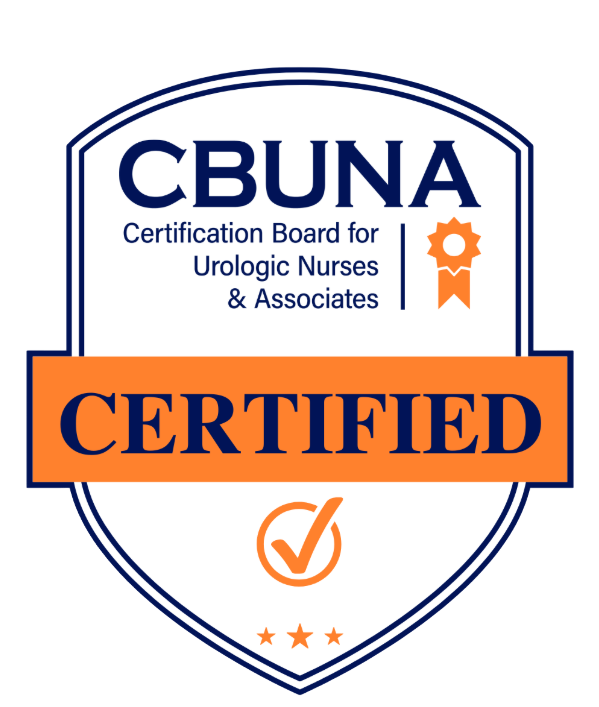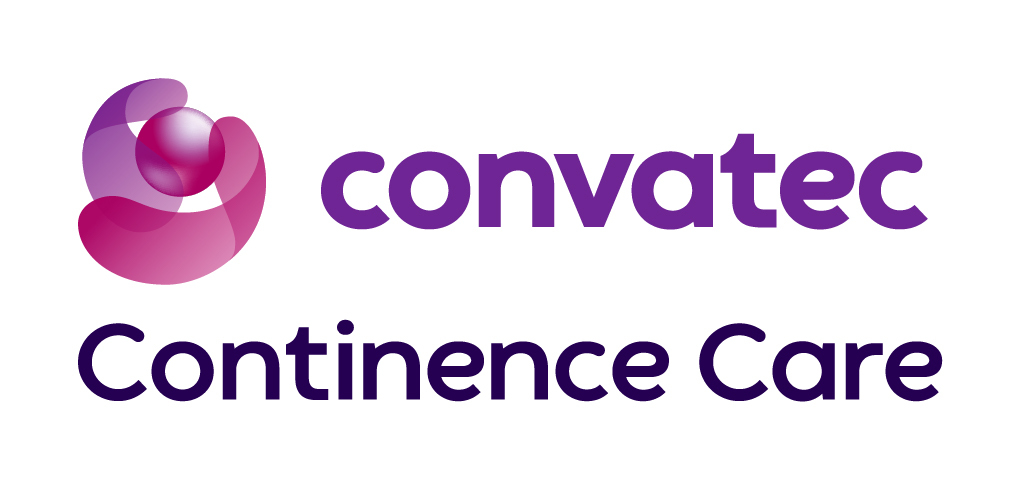How do I know if contact hours are from an approved provider?
This is usually printed, usually in small type towards the bottom of your certificate. It should give you the provider, accrediting company, and the number of contact hours. If the information is not available on the certificate, it may be available on the provider's website.
Do you want copies of my contact hour (CE) certificates?
No, do not send copies of your CE certificates when you submit your application. Just send your application and contact hour documentation forms. If your application is selected for random audit, copies of your certificates will be requested at that time.
I have more than the 36 required contact hours, should I include them?
It is not necessary to include anything over 36 contact hours.
Can contact hours provided by my hospital count?
If your hospital is accredited by an approved provider, you can claim the contact hour. ALL hours must be urologic.
Are there websites that offer urologic-specific contact hours?
Yes, in fact there are many different sites. Some sites are free or charge a minimal fee. Other ANCC-approved providers also offer online/home study continuing education that may be appropriate for urologic credit. CBUNA does not endorse specific courses or commercial CE vendors. The following providers that designate any content as “urologic” does not mean the activity automatically qualifies for urologic credit. A few we suggest are: SUNA's Online Library at www.suna.org/library, myfreece.com, RN.com, ce.nurse.com, and www.practicingclinicians.com/index.php.
Can I access a record of contact hours I have earned through SUNA activities?
Yes, you can access and print a record/certificate of contact hours earned through SUNA in the SUNA Online Library at www.suna.org/library. Download instructions for accessing your NCPD record/certificate in the SUNA Online Library.
I plan on retiring, can I keep my CBUNA certification?
Yes, but you must be currently certified, and request retired status in writing prior to the date of recertification. No fee will be charged and no contact hours are required.
How early can I apply for recertification?
You can submit your recertification application on June 1 of the year that your certification expires.
How late can I send in my recertification application?
You have until December 31 to postmark the recertification application. However, it is recommended that you send the application a minimum of 1 month before the expiration date.
Can I request an extension for recertification?
Yes, after December 31 of the recertification period, CBUNA will accept late recertification applications from January 1 through March 31. Use of the CBUNA credential during the extension (grace period) is prohibited. Late fees apply. No applications will be accepted after the extension (grace period) ends.
What would happen if I let my certification lapse?
You lose your right to use the credentials. And you must take the certification exam again in order to gain CBUNA certification.
Who should I contact if I have any questions about certification or recertification?
Contact the CBUNA National Office with any questions at cbuna@cbuna.org or 202-591-2470.













